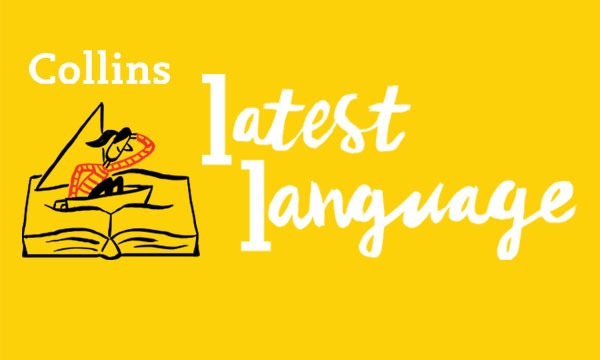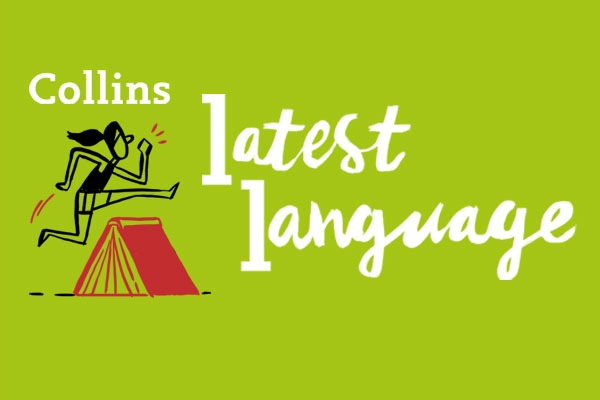Here are the editorial team’s favourite new words and meanings added to Collins English Dictionary online in December.
daith
Defined as “an ear piercing that forms a loop around the inner cartilage of the ear”, daith was selected by one of the editors largely for its interesting etymology: it comes from the Hebrew da’at, meaning knowledge. It is reported that a client of US piercer Erik Dakota came up with the name when she connected the idea of a ring in the ear with the channelling of knowledge and wisdom; another, less mystical theory is that the same client just considered Dakota very clever for managing to accomplish such a tricky piercing.
empty-chair
Several years ago, actor Clint Eastwood caused a stir at the Republican National Convention by addressing an empty chair, grilling it as if then-President, Barack Obama, was sitting there.
Most of us now recognize empty-chairing as drawing attention to the absence of an invited guest, especially in a debate, by leaving a visibly unoccupied place (or, sometimes, a space very pointedly occupied by some inanimate but apt object). In the weeks leading up to December’s general election in the UK, the practice gave rise to much discussion of broadcaster election bias, especially when PM Boris Johnson’s non-participation in a televised debate on environmental issues was flagged by his replacement with a block of ice.
flex
A slang term defined as “an instance of flaunting one’s attributes or possessions in an ostentatious way”, flex gained new currency when the “weird flex, but ok” retort became ubiquitous on Twitter and engendered many a meme (and the Collins editors are suckers for a good meme). “Weird flex, but ok” has established itself as a standard response to any instance of bragging about something that doesn’t seem to merit such swagger. This meaning of “flex” alludes to the idea of flexing one’s muscles as a display of power, and can also be a verb.
membrillo
An ever-popular treat in Spain, the thick quince jelly called membrillo (the Spanish word for quince) is now widely known outside of that country and, naturally, our native Spanish editor – who reliably informs us that membrillo is delicious with cheese in a sandwich – has picked this new entry as a favourite. Unsurprisingly, the Spanish editors are also keen on the Spanish word chalupa, which has gained a sense in addition to its original meaning of a narrow boat: it is now also “a crispy deep-fried tortilla folded into the shape of a boat”. We’re getting hungry …
relatable
The editorial team are fascinated and – usually – delighted by the creative ways in which children and young people adapt words and language to meet their expressive needs, and those team members with children of their own are especially familiar with and fond of this latest meaning of relatable, “inspiring a feeling of emotional connection”. In recent years, this adjective has been applied to everything from politicians to plays, and while some might opine that it has become one of the most overworked words in our vocabulary, it does encapsulate the feeling of empathy that some characters can inspire, especially when they seem to share our flaws.



